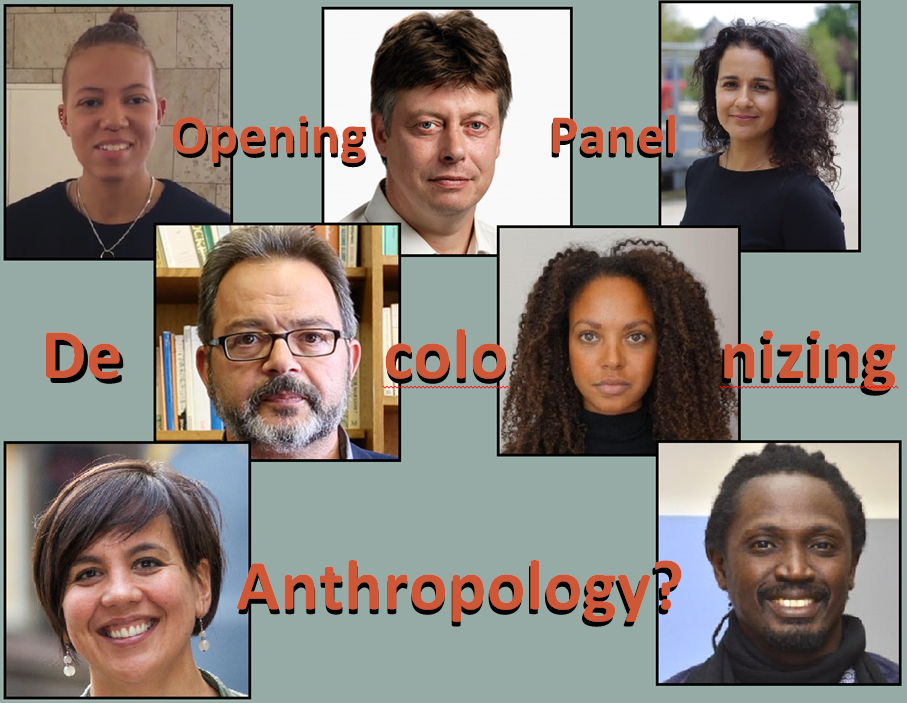
Plenary Roundtable ‘Decolonizing Anthropology?’
09:40 AM – 11:10 AM
Grote Zaal
We will open the Anthropology Day with a plenary roundtable on ‘Decolonizing anthropology?’ Five speakers will discuss whether anthropology is in need of decolonization. What would they understand decolonization to mean? What should be done, and who should take the lead in doing so? The speakers come from a range of background and speak from different positions in and outside academia. We hope to critically engage with the Dutch situation and chart a course for anthropology in the Netherlands.
Speakers
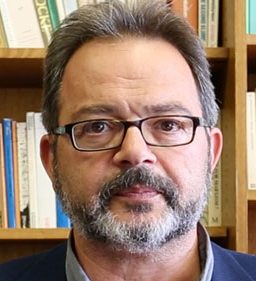 Ghassan Hage is the University of Melbourne’s Future Generation Professor of Anthropology and Social Theory and a Fellow of the Australian Academy of the Humanities. His work includes the classic White Nation: Fantasies of White Supremacy in a Multicultural Society (1998) and his recent Is Racism an Environmental Threat? (2017).
Ghassan Hage is the University of Melbourne’s Future Generation Professor of Anthropology and Social Theory and a Fellow of the Australian Academy of the Humanities. His work includes the classic White Nation: Fantasies of White Supremacy in a Multicultural Society (1998) and his recent Is Racism an Environmental Threat? (2017).
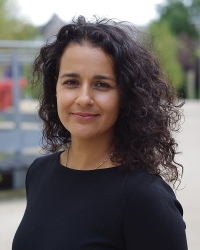
Jasmijn Rana is assistant professor at the Institute of Cultural Anthropology and Development Sociology of Leiden University. She has a special interest and expertise in gender, intersectionality, diversity, youth, urbanity and intangible heritage.
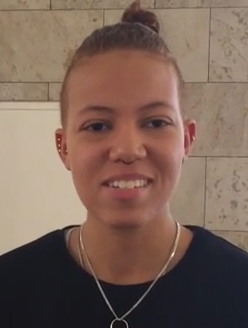
Tarim Flach is a Dutch-Senegalese student, activist and educator. Dedicated to Black and trans advocacy in the Netherlands and beyond, Tarim aims to build community through decolonization, redistributing knowledge to empower.
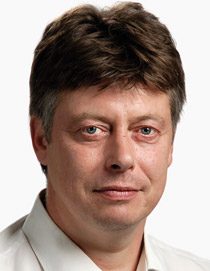
Peter Pels is Professor in the Anthropology of Africa at the University of Leiden. He is a specialist in the study of religion and politics in situations of colonial contact, the history of anthropology, the anthropology of magic, and social science ethics.

Rita Ouedraogo is an Amsterdam based independent curator, cultural programmer and researcher with an interest in African diaspora, decolonizing institutions, institutional racism, popular culture and social issues. She currently does programming for the Research Center for Material Culture.
The panel will be moderated by Anouk de Koning (Radboud University) and Wayne Modest (Research Center for Material Culture).
MORE INFORMATION
t.b.a.
